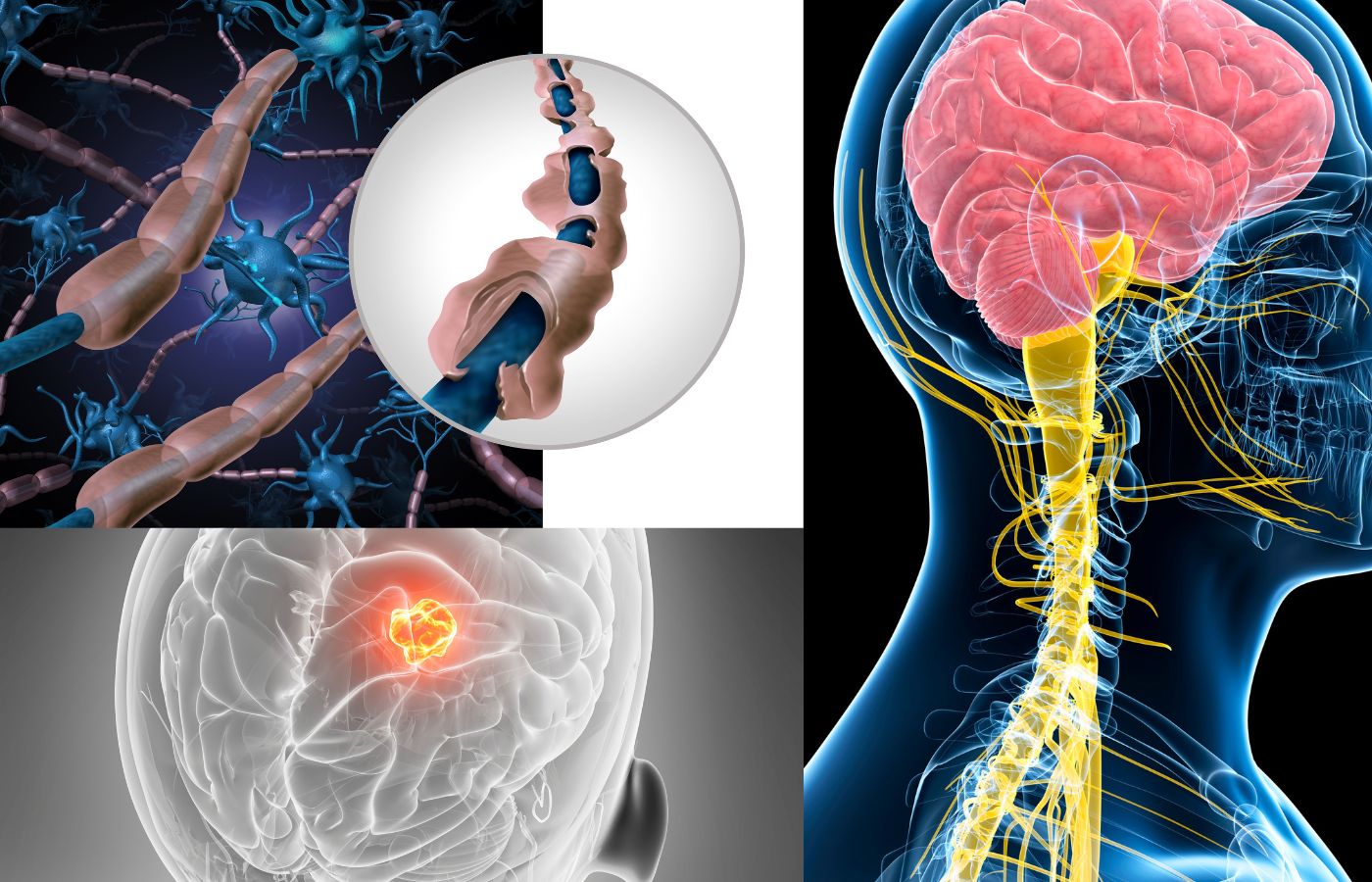
Gastrointestinal disorders are becoming increasingly common due to poor eating habits, stress, and sedentary lifestyles. Conditions such as acidity, constipation, irritable bowel syndrome, and gastritis can significantly affect daily life. The good news is that the right diet plays a powerful role in both prevention and management.
If you are experiencing digestive issues, understanding how food affects your gut is essential. Many patients in Mumbai are now focusing on nutrition along with medical care to maintain better digestive health.
Gastrointestinal disorders affect the digestive tract, including the stomach, intestines, liver, and pancreas. These conditions can range from mild discomfort to chronic diseases.
Common digestive problems include:
Acid reflux
Gastritis
Irritable bowel syndrome
Constipation
Diarrhea
Inflammatory bowel disease
Many people in Mumbai experience these problems due to irregular meals and processed food consumption.
Food directly interacts with your digestive system. What you eat can either support healing or worsen symptoms.
A balanced diet helps to:
Improve digestion
Reduce inflammation
Support healthy gut bacteria
Prevent nutrient deficiencies
Maintain regular bowel movements
Doctors offering pathology testing in Mumbai often recommend dietary changes along with medical treatment for long-term relief.
Fiber is one of the most important nutrients for digestive health. It helps move food smoothly through the intestines.
Good sources include:
Whole grains
Fruits
Vegetables
Oats
Seeds
Patients searching for digestive health tests Mumbai are often advised to increase fiber intake gradually to avoid bloating.
Probiotics are beneficial bacteria that support a healthy gut microbiome. They help maintain digestion and reduce symptoms like gas and bloating.
Natural probiotic foods include:
Curd
Buttermilk
Yogurt
Fermented foods
Many gastro specialists in Mumbai recommend probiotics for patients with IBS and frequent indigestion.
Water is essential for smooth digestion. It helps break down food and prevents constipation.
Simple tips:
Drink 8 to 10 glasses daily
Increase fluids in hot weather
Limit sugary drinks
People undergoing gastrointestinal disorder testing in Mumbai are often advised to improve hydration habits.
Certain foods can irritate the digestive tract and worsen symptoms.
Packaged snacks and fast food are high in unhealthy fats and additives. These can trigger acidity and bloating.
Limit:
Fried foods
Packaged chips
Instant meals
Processed meats
Dieticians working with pathology labs in Mumbai frequently see digestive issues linked to processed food consumption.
While spicy food is popular, excessive consumption can irritate the stomach lining.
Reduce intake if you have:
Gastritis
Acid reflux
Ulcers
Many patients in Mumbai report improvement in symptoms after moderating spicy food intake.
Soft drinks can increase gas formation and acidity.
Better alternatives:
Coconut water
Lemon water
Plain water
Herbal teas
Doctors recommending digestive health tests Mumbai often advise cutting down on fizzy drinks.
Follow these dietary habits:
Eat smaller meals
Avoid late night eating
Limit caffeine
Reduce spicy foods
Maintain healthy weight
Patients seeking pathology testing in Mumbai for chronic acidity often benefit from these simple changes.
Constipation is very common in urban populations.
Helpful diet tips:
Increase fiber intake
Drink more water
Include fruits like papaya and banana
Stay physically active
Many individuals undergoing gastrointestinal disorder testing in Mumbai discover that lifestyle changes significantly improve bowel regularity.
IBS management requires personalized diet planning.
General recommendations:
Identify trigger foods
Follow low FODMAP diet if advised
Eat at regular times
Manage stress
Specialists in Mumbai often combine dietary therapy with medical management for IBS patients.
While diet is powerful, proper diagnosis is equally important. Persistent digestive symptoms should never be ignored.
You should consider testing if you experience:
Long-lasting acidity
Frequent abdominal pain
Blood in stool
Unexplained weight loss
Chronic diarrhea or constipation
Early evaluation through pathology testing in Mumbai helps identify the root cause and prevents complications.
Diet works best when combined with healthy daily habits.
Irregular eating patterns disturb digestive rhythm. Try to eat meals at consistent times.
Stress directly affects gut function. Practice:
Deep breathing
Yoga
Meditation
Walking
Many healthcare providers in Mumbai emphasize stress control for gut health.
Regular movement improves intestinal motility and reduces bloating.
Aim for:
30 minutes walking daily
Light exercise
Stretching routines
Dietary changes help many people, but medical advice is necessary in some cases.
Consult a specialist if:
Symptoms persist for weeks
Pain becomes severe
You notice blood in stool
There is sudden weight loss
Over the counter remedies do not help
Advanced digestive health tests Mumbai can accurately diagnose underlying conditions.
Accurate reports are essential for proper treatment.
Look for:
Experienced pathologists
Advanced laboratory equipment
NABL certified labs
Quick report delivery
Hygienic sample handling
Trusted centers providing pathology testing in Mumbai ensure reliable and timely diagnosis.
Diet plays a crucial role in preventing and managing gastrointestinal disorders. Simple changes such as increasing fiber, staying hydrated, limiting processed foods, and maintaining regular meal habits can significantly improve digestive health.
However, persistent symptoms should always be evaluated through proper medical testing. Combining the right nutrition with timely gastrointestinal disorder testing in Mumbai offers the best approach for long-term gut wellness.
If you are facing ongoing digestive problems, consult a healthcare professional and choose reliable pathology testing in Mumbai for accurate diagnosis and peace of mind.

